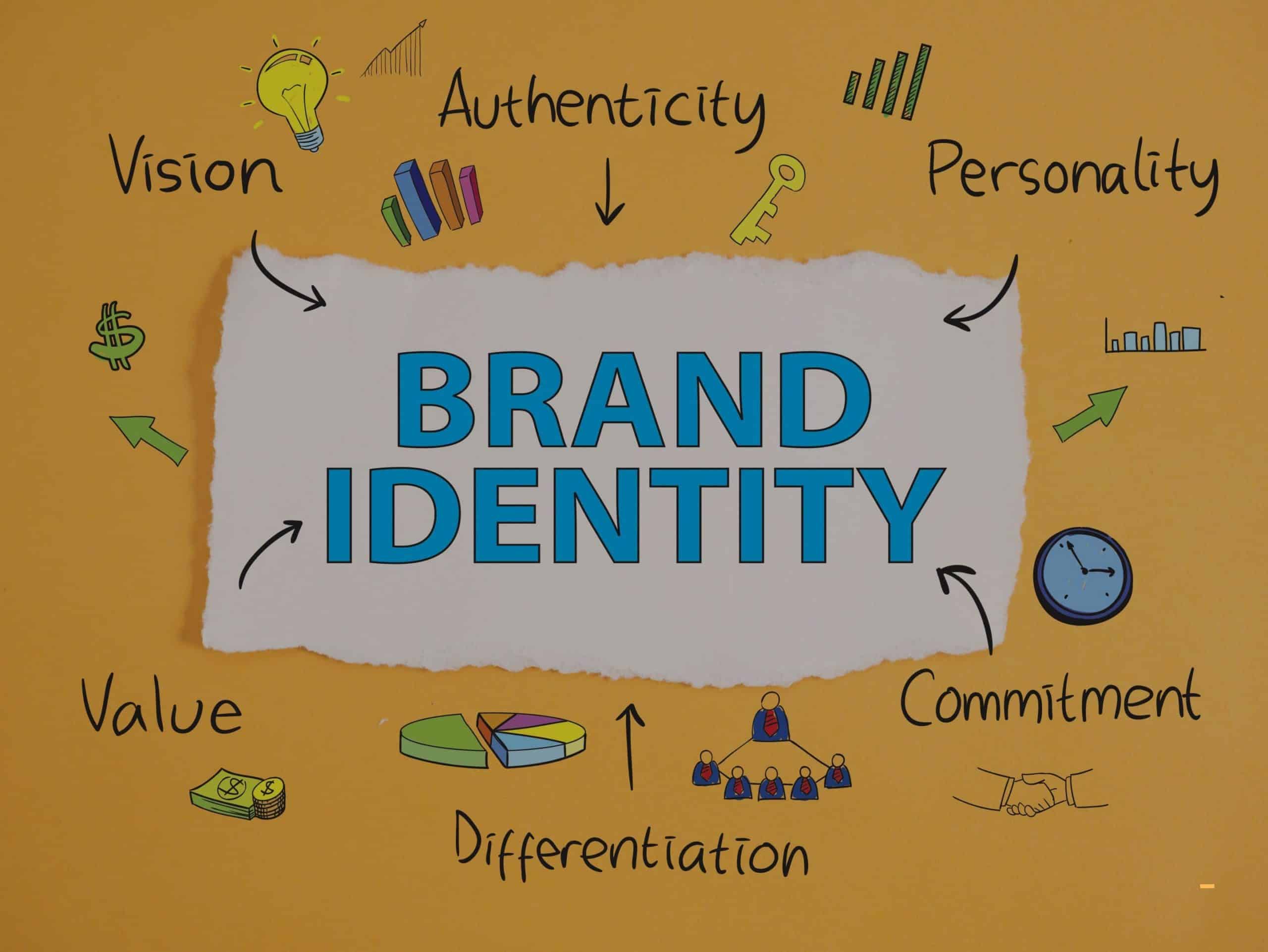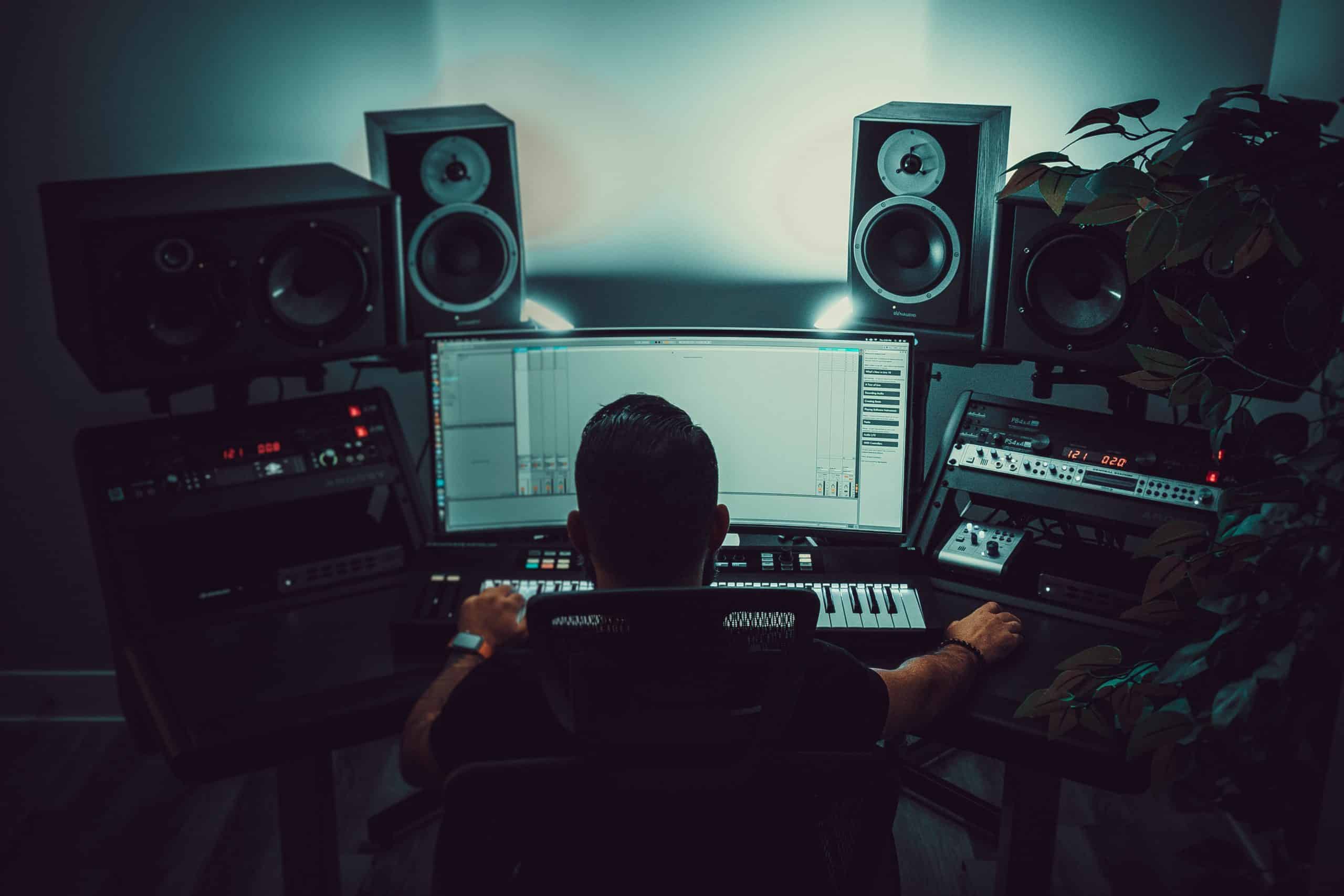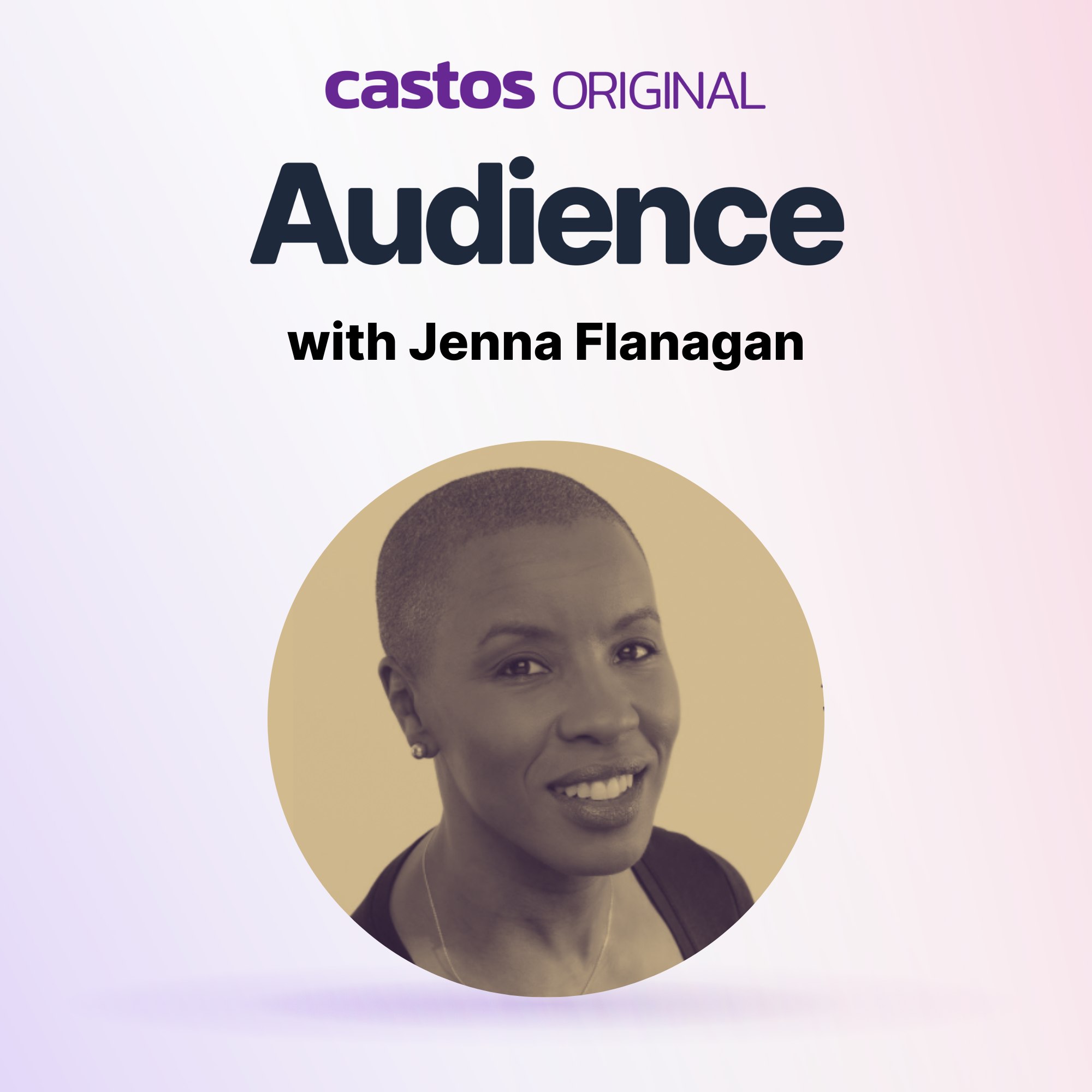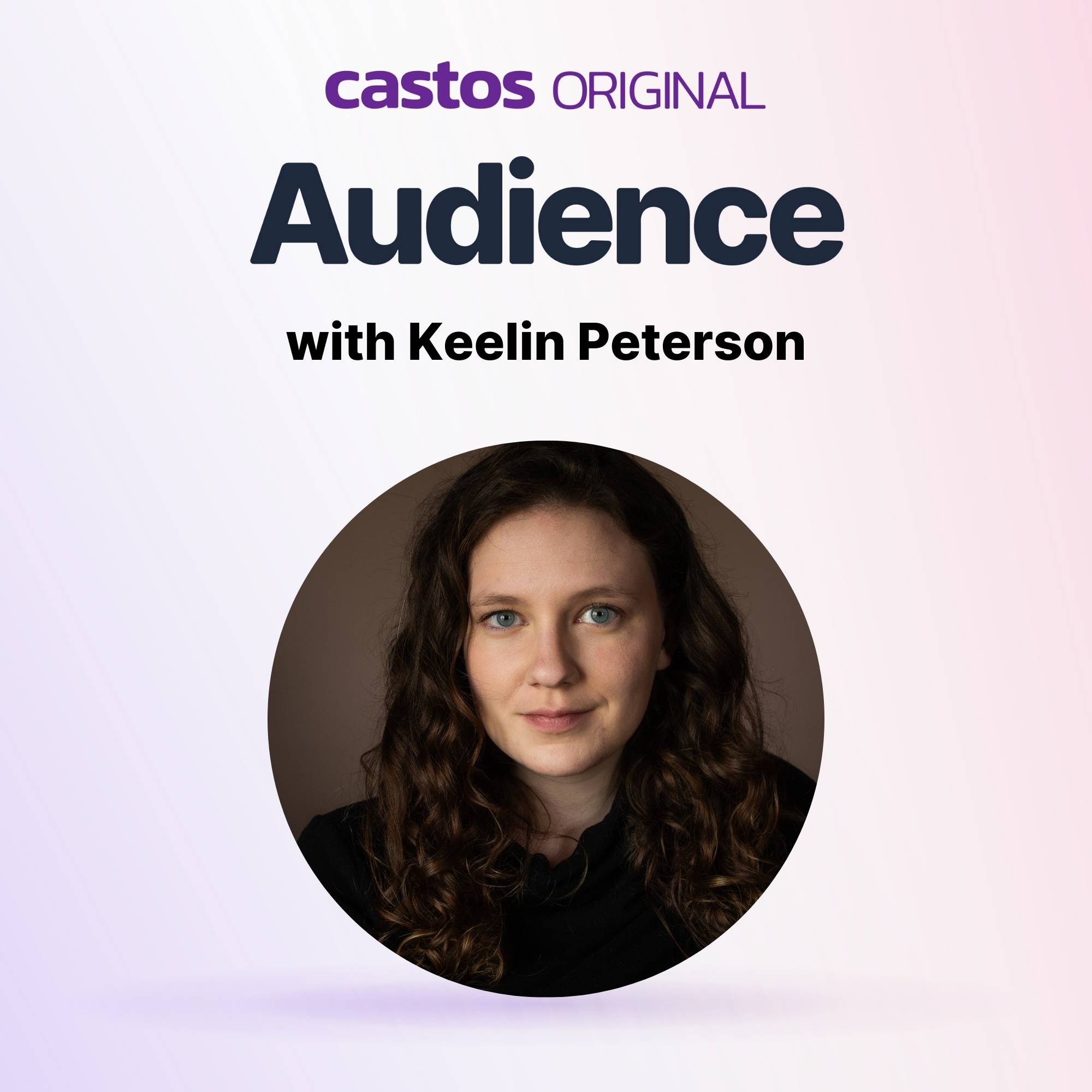Show Notes
This week on Audience we chatted with Eric Nuzum, an expert who started NPR’s podcasting efforts back in 2005. Eric help found some of NPR’s most successful shows, has published three best-selling books, and co-founded a podcast production company called Magnificent Noise.
Recently, he found time to write and publish his fourth book, Make Noise: A Creator’s Guide to Podcasting and Great Audio Storytelling. The words of wisdom and exercises on being a better storyteller lead Craig to his position to sit down with Eric to pick his brain. Throughout this interview, they focused on how to conduct a more engaging interview, why DIY podcast networks succeed, the similarities between hobby podcasters and big budget productions, and where podcast advertising is headed in the midst of COVID-19.
Listen to the full episode now for Eric’s expert insights on all things podcasting.
How Can Interviewers Create A Good Story?
With Eric’s experience being the interviewer, interviewee, and producing interview-style podcasts, there’s no better person to ask about how interviews create good stories.
He points out, when compared to monologue episodes, interviews help people who aren’t accustomed to telling their own story. Rather than the pressure to grab the mic and figure out their own way forward, the interviewer leads the guest to the questions the audience wants to learn about. But the tough part is the communal lift involved in getting the good story. There’s more than one stakeholder involved in shaping the narrative so it’s everyone’s job to keep the interview’s focus on the information that’s most useful to the audience.
Another key to getting a good story is the interview needs to feel natural, organic, and authentic. Podcaster’s most common hangup is trying to emulate someone else as their interview persona. While trying to mimic another person, you’re pretending to be an interviewer instead of actually engaging with the guest. Eric’s tip is to get out of that mindset and get back to being genuinely curious about the person you’re talking to. An organic, give-and-take conversation will help create a more riveting story arc.
Eric’s biggest interview tip: don’t ask questions you already know the answer to. It leads to inauthentic sound bites and a guest who can’t wait to end the conversation.
For podcasters without extensive media backgrounds, make creative decisions is difficult. What’s your advice to people who are intimidated or frustrated by this part of producing a podcast?
To promote his most newest book, Eric is often on the road talking about podcasting. From boardrooms to coffee shops, how to tackle the big creative decisions plagues every podcaster no matter their experience level.
Eric found both corporate conglomerates and podcast hobbyists struggle with the same frustrations. With so many decisions to make, combined an abundance of available options, every person he’s encountered is looking for the same information. This should be encouraging for beginners because it means having a big budget or a room full of media professionals doesn’t guarantee a hit podcast.
Since podcasting is a relatively new industry, it’s still considered the wild west of content channels. This is great in terms of the limitless ways new hosts can enter medium but also a curse as more options can hinder creativity. Eric suggests leaning into the minutia and really nailing down the details of your podcast. Start with who your audience is, what information you want to tell them, and then think about which format best serves that setup. Use those boundaries as guidelines when you’re at a crossroads and need to make a big creative decision.
DIY Podcast Networks, Where Do You Stand?
Back in December of 2018, Eric wrote an article for Neiman Labs predicting the rise of DIY podcast networks. He bet podcasters would start banding together to form smaller networks to cross-promote each other’s shows to their respective audiences to mutually grow.
He’s prediction continues to ring true in 2020 so we asked him what makes for a successful DIY network. The short answer: a high degree of related appeal. The podcasters who partnered with other shows where the audience had enough overlap have found a great growth opportunity in DIY networks. They saw that people interested in subject A would likely be interested in subject B then found hosts producing podcasts in those niches.
They also didn’t shy away from cross promotion. Both in frequency and repeating their messaging, successful DIY networks made a concerted effort to to advertise the network’s partners. Eric mentions consumers need to hear things at least three times before they really stick. Considering many listen while performing other tasks, continuously promoting the same message is the best way to make it stick.
If you’re considering starting your own DIY podcast network, focus on the overlap and work with hosts who aren’t afraid of lending airtime to promote everyone’s show.
How Will Podcast Advertising Change Due To COVID-19?
Thinking back to the Financial Crisis of 2008, legacy advertising networks are what fell first. The institutions behind print magazines and newspapers felt the biggest effects but newer digital platforms didn’t. Eric believes the same trend will happen during the global COVID-19 pandemic.
The podcasting industry is in a relatively stable place. As advertisers start to make budget cuts, they’ll reduce spends across the least effective channels first. Podcasts have proved to be an extremely valuable way for brands to connect with their audiences so they may not see a drastic change in sponsorship revenue. It’s more likely the legacy digital and print media channels will feel the biggest shift.
Resources Mentioned InThis Episode
- Find Eric Nuzum at Magnificent Noise
- Learn more about Eric’s book, Make Noise
- Eric Nuzum for Neiman Labs: The Year Of The DIY Podcast Network





